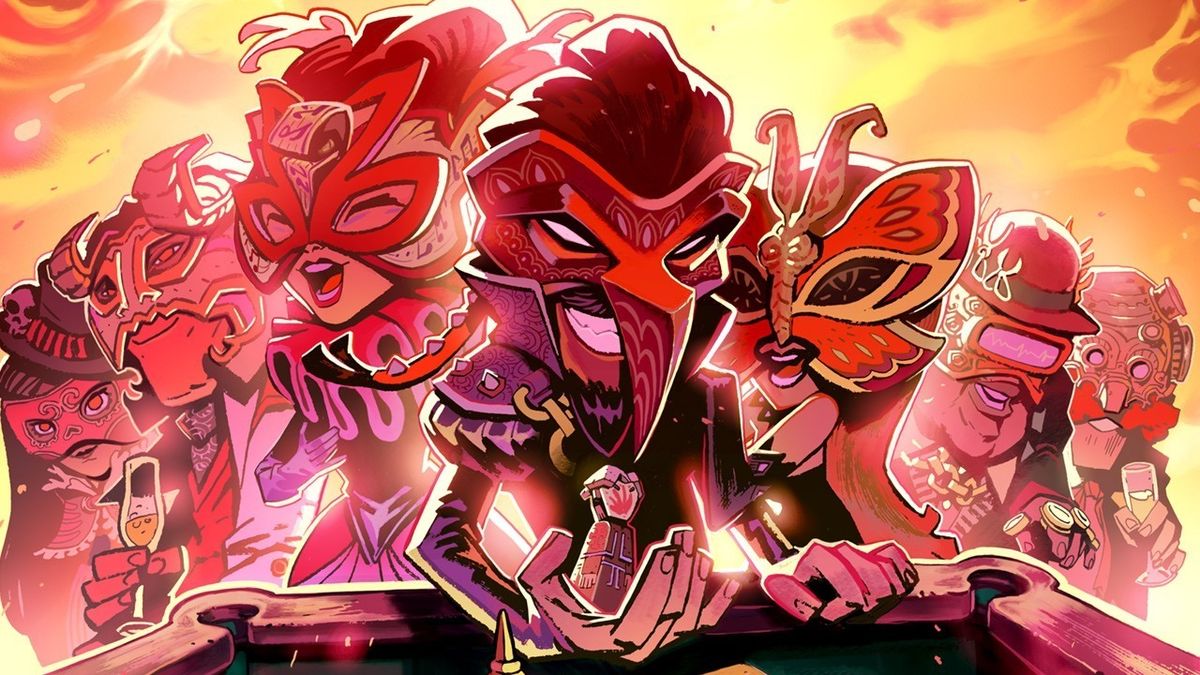


1986’s The Legend of Zelda was an action-adventure game that didn’t really have any role-playing elements in it, but it offered some key innovations that would go on to shape the action-RPG in major ways. But the next game to have a major influence on the action-RPG wasn’t a role-playing game at all. Xanadu was a runaway hit in Japan and set the stage for further sequels (such as 1990’s Sorcerian), as well as many imitators and innovations in traditional and action-RPGs to come. It was also among the first games ever to change the look of the player’s character based on items he equipped. The sequel, Xanadu, expanded on the original’s innovations in every way, incorporating the sidescrolling viewpoint that would become ubiquitous in Japanese games at the time, as well as the ability to visit towns and earn “karma” for doing good and evil actions, which in turn altered the residents’ attitudes toward the player. The Japanese game was Dragon Slayer, which brought true real-time gameplay to the scene, and, unlike Rogue, incorporated puzzles (such as unlocking doors by placing blocks in the right order) into its challenges, along with combat. Developed by a couple of college students from Santa Cruz, California, it laid the groundwork for several action-RPG gameplay tropes, such as procedurally generated game content, inventory and equipment management, and the “dungeon-crawling” one-against-many storyline and ethos. The action-RPG has its origins in two games from the 1980s – one from the United States, and the other from Japan. Instead, let’s talk about some of the classics that are roundly considered to be the best of the sub-genre, and get into its history while we do. It is a fine line, however, and arguments will be made about games on the border – so let’s not stress. Further, action-RPGs tend to emphasize combat over other aspects of role-playing, and they tend to focus on single-character, rather than party-based RPG mechanics. Action-RPGs put players in situations where they must make decisions in real time – there are no menus or tactical interfaces in-between their characters and them. It’s difficult to specifically define, or rather delineate, the characteristics of the action-RPG versus a traditional RPG, but we can say a few things for certain. This week, we examine a subset of the role-playing game: the action-RPG. In this weekly series, Xbox Wire’s editorial team will break down exactly what shaped your favorite genres, why they’re so timelessly awesome, and where they’re headed – while providing you with some expert advice on the past and modern classics that you should check out! Just what do we really mean when we talk about “game genres,” anyway? Sure, you’ve probably seen that “fans of the genre will enjoy this” phrase in umpteen game reviews, but the truth is that the most durable game genres have walked some long, ever-evolving, and very interesting roads over the past several decades.


 0 kommentar(er)
0 kommentar(er)
